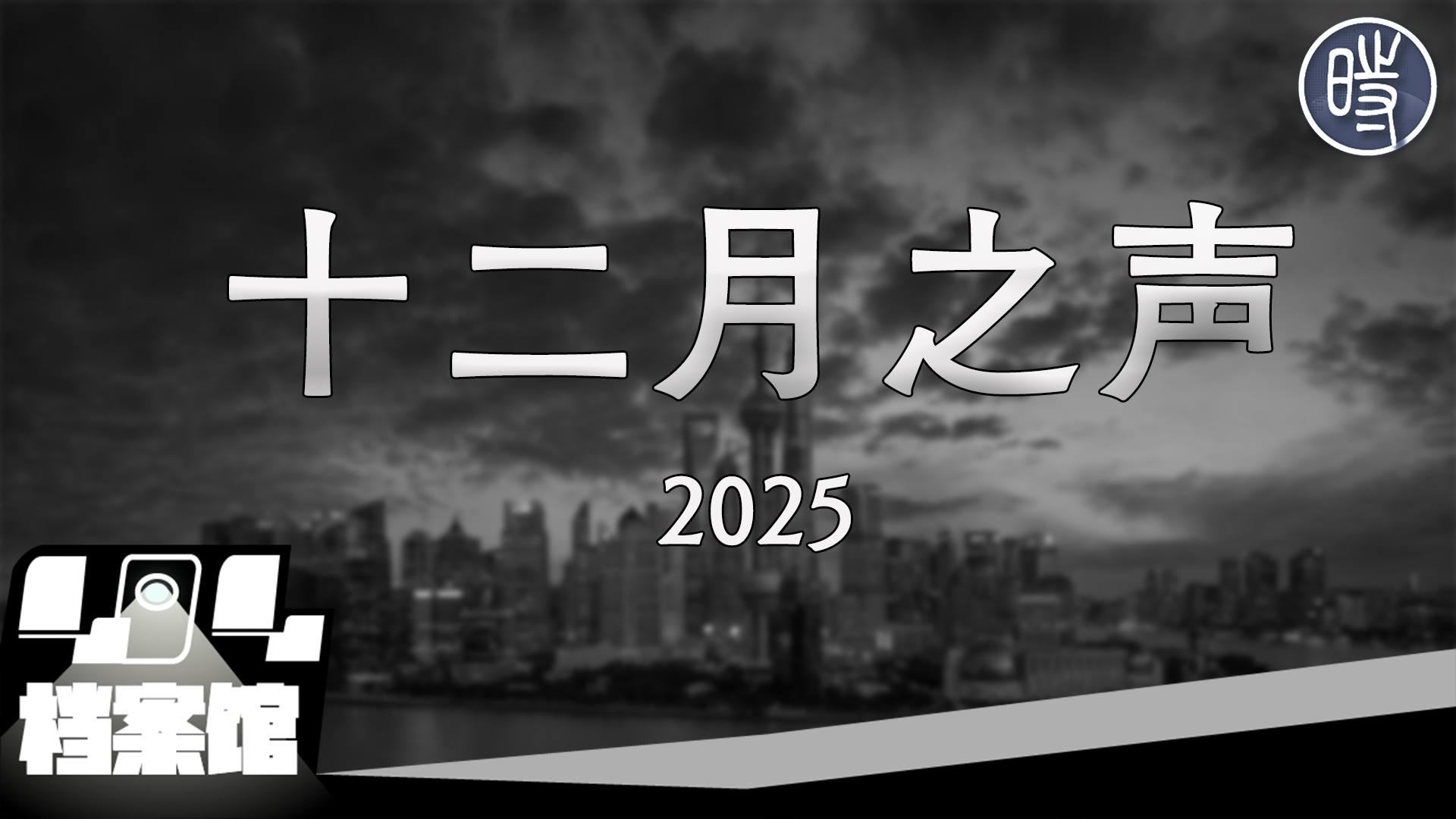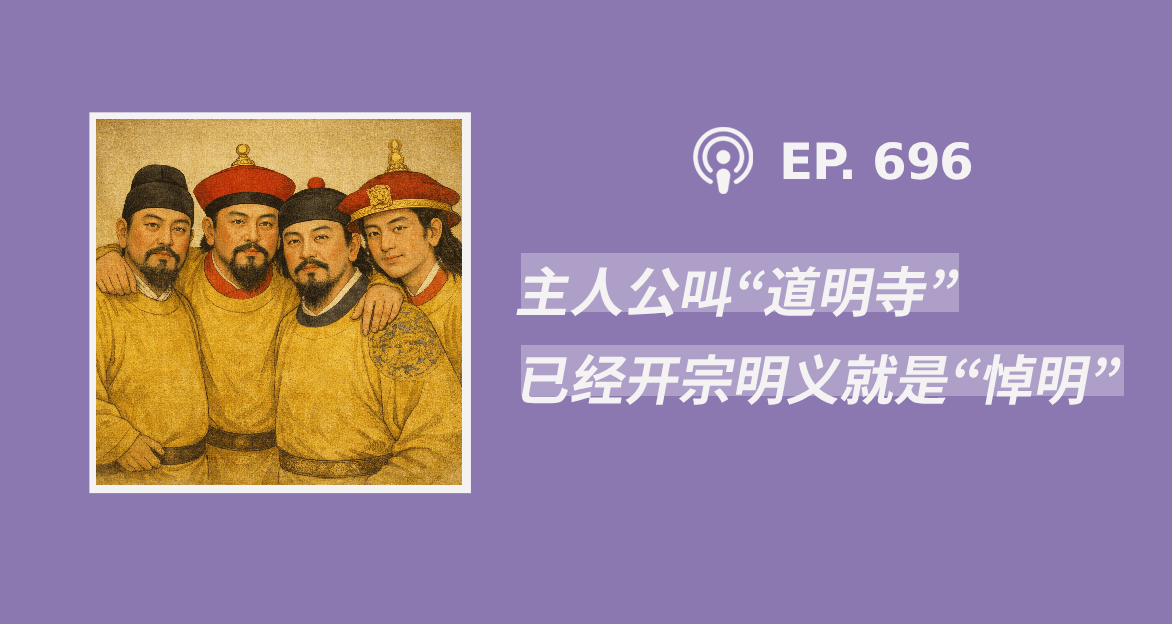我們真地會願意把自己的社會問題換成中國的社會問題麼?
中共指中國有2100萬赤貧人口,若中國貧窮線與美國一樣那還好,只是中國赤貧的定義是年收入少於90美元,另外,還有3500萬人每年的生活費少於125美元。有作者形容,中國等於是美國的翻版,再加10億農民人口。
總統奧巴馬堅持我們要學習這個國家。中國大力投資基建,因為中國很缺乏。美國有5194個機場有鋪設好的跑道,是中國的442個的11倍以上。美國機場的數目,較隨後10個國家總和多1000個。我們的公路差不多是中國的兩倍,鐵路長度約是中國3倍。
中國大力投資高鐵,有人說這是未來致勝的幫助,但中國的高鐵計劃因安全及經濟效益而「急煞車」。大家忘記美國擁有全世界最好的鐵路貨運系統,這是為什麼巴菲特大量投資鐵路運輸。
中國是強大的經濟體系,軍事和外交實力不斷冒升,但只有瓜才會希望將美國的問題與中國交換。中國的醫療和安全水準與美國有天淵之別,中國的空氣污濁,對比起中國的樓市泡沫,美國樓市只屬小調整,中國人口老化較財富來得更快。
還有中國的社會問題,嬰兒光天化日被車輾過,沒有途人施以援手,還有販賣嬰兒等。美國的貧富懸殊是否較中國嚴重?遑論中國是專制的警察國家。
美化中國的不只奧巴馬,還有《紐約時報》專欄作家弗里德曼經常羨慕中國的威權體制,他以美國失靈的自動電梯,比較中國先進現代化的展覽中心,說明中國將於未來勝出。拿他漂亮的家與中國的貧民區比較一下,也一樣很有啟示。
作者係美國《國家評論》線上版主筆,亦是美國企業研究所訪問學者。美國企業研究所是美國保守派智庫之一。曾在小布什二次執政期間發揮重要作用。
== 所有譯文版權歸《明報》所有 ==
National Review Online: Why We Need Not Envy China
Would we honestly trade our problems for theirs?
Up to 40 million Chinese people still live in caves. That’s more than the populations of Texas and Illinois combined. In fairness, a fraction of these caves are apparently pretty nice, complete with electricity and well-compacted dirt floors. But that’s grading on a curve because, well, they’re still caves.
Meanwhile, 21 million Chinese live below what the Communist party calls the “absolute poverty” line. That sounds pretty good if you have in mind our poverty line, which is just under $11,000 per year for an individual and roughly $22,000 for a family of four. The absolute poverty rate in China is $90 a year, or $7.50 per month. And 35 million live on less than $125 per year. Hundreds of millions of Chinese live on $1 or $2 a day.
“Obama is hardly alone in his effort to mythologize China in order to justify expansion of government.”–Jonah Goldberg
Michael Levy, who recently wrote a book on his stint as a Peace Corps worker in rural China (yes, China still asks for Peace Corps help), put it well in an interview with NPR: “Imagine that there’s a country exactly like the United States. Exactly the same size. It’s got the same cities. It’s got the same number of rich people and poor people. It’s just like us. And now add 1 billion peasants. That’s China.”
And yet that’s the country President Obama insists we need to emulate. “Everybody’s watching what’s going on in Beijing right now with the Olympics,” then-candidate Obama told an audience in Virginia in 2008. “Think about the amount of money that China has spent on infrastructure. Their ports, their train systems, their airports are vastly superior to us now, which means if you are a corporation deciding where to do business you’re starting to think, Beijing looks like a pretty good option.”
Obama has returned to campaign mode and his fear-China refrain. To listen to Obama, China’s beating us in some sort of infrastructure race. “Folks in Congress are also going to get a chance to decide . . . whether our construction workers should sit around doing nothing while China builds the best railroads, the best schools, the best airports in the world.”
Maybe we could use more infrastructure spending, but China’s got nothing to do with it. The reason China has invested massively in infrastructure is simply that it has relatively little of it. America has 5,194 airports with paved runways (the only kind I use, how about you?). That’s more than 11 times China’s 442. In fact, you can add up the paved airports of the next 10 countries combined, and America beats them with more than a thousand airports to spare. We have nearly twice the roadways China does and almost three times the railways.
Ah, but China is investing in high-speed rail! Which, we are told, will help us win the future. Except that China has, in the words of London’s Financial Times, “slammed the brakes” on its high-speed rail program for a slew of safety and economic reasons.
What people don’t often mention is that we have the best freight system in the world (in Europe, they move people on rails and cargo on roads; we mostly do the opposite because we’re so much more spread out). That’s why Warren Buffett — the president’s favorite billionaire — has invested massively in freight rail. Alas, switching to high-speed rail in the U.S. would seriously threaten the efficiency of our system.
Obviously, China’s a formidable economic player, and a growing military and diplomatic power. But only a fool would trade our problems for theirs (even though Obama has reportedly told friends he envies the president of China for having an easier job). China’s health and safety standards are abysmal compared with America’s. China’s air is crunchy, its rivers often flammable. Their housing bubble could make ours look like a minor correction. Demographically, China is still on target to get old before it gets rich.
Moreover, China’s social fabric is in dire need of repair. Just consider the recent horrifying footage of a two-year-old toddler who was struck by two vehicles and was left to die in agony in the middle of a busy street as passersby ignored her. The New York Times reported this summer that, in some regions, it is common for officials to snatch newborn babies from parents — and sell them. Indeed, China has a thriving market in children. And do you really think our problems with income inequality are worse than China’s?
Oh, and let’s not forget: It’s still an autocratic police state.
Obama is hardly alone in his effort to mythologize China in order to justify expansion of government. Times columnist Tom Friedman — who has written often of his envy for China’s authoritarian system — begins his new book comparing the unreliable escalators at his neighborhood subway station with a glitzy convention center in China, in order to suggest that China is winning the future. It’s as instructive as comparing his mansion in Bethesda, Md., to a Chinese cave.
— Jonah Goldberg is editor-at-large of National Review Online and a visiting fellow at the American Enterprise Institute. You can write to him in care of this newspaper or by e-mail at JonahsColumn@aol.com, or via Twitter @JonahNRO.)
== All Rights Reserved for National Review Online ==
本文由自动聚合程序取自网络,内容和观点不代表数字时代立场














